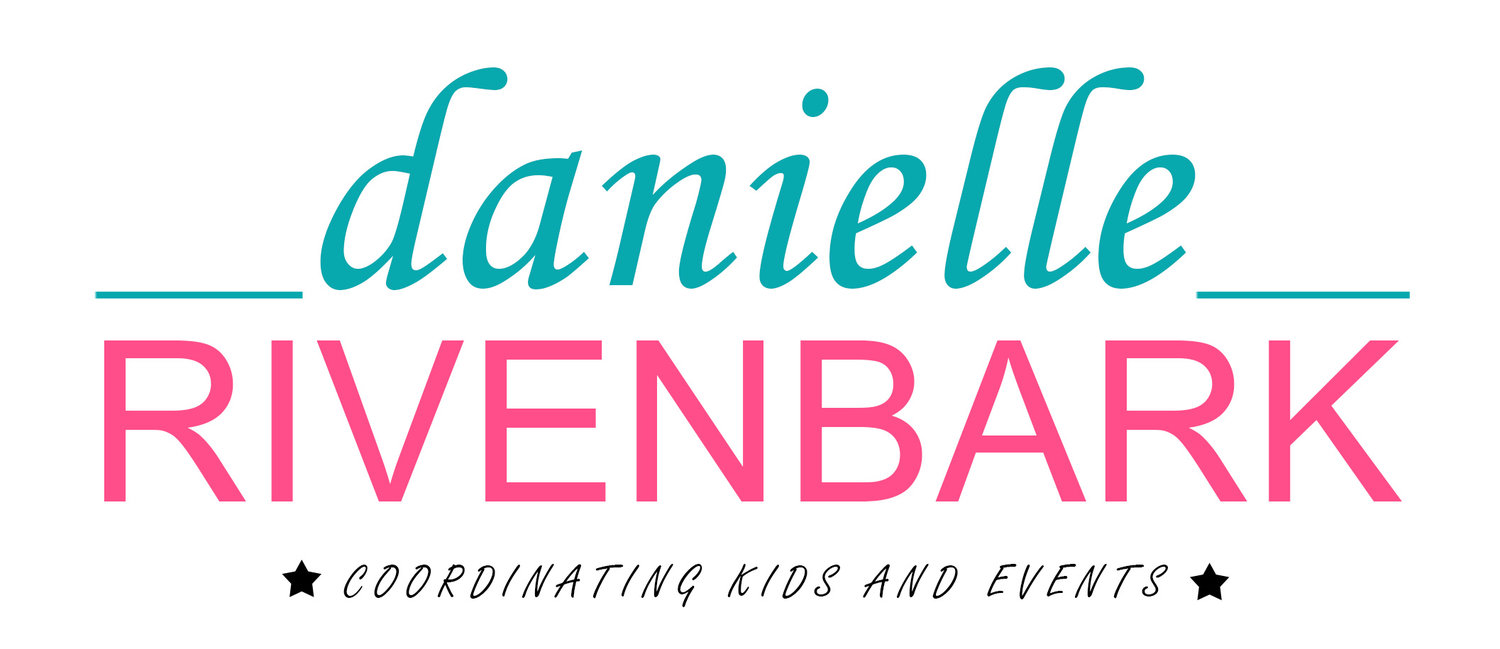I've talked about the importance of relationship building here on the blog before. The relationships that you build can certainly help you in many facets of your professional and personal life. However, these relationships don't happen overnight. These things take time and can be hard work. Working a room can seem intimidating, especially if you are introverted.
I am an introvert. For those of you that know me may think, "What?!?! No way! How is that possible?" Let me explain. When I see a room full of people I am counting the hours until I can go home and crawl onto the couch and watch my favorite television shows with Jerry. I just don't get my energy from other people. I get my energy from solitude. Now don't get me wrong, I wouldn't consider myself a hermit either. I'm not a shy person, I just prefer small groups and one-on-one conversation. I won't talk over someone and won't give you my opinion unless I strongly disagree. Jerry used to comment on this a lot. We would go out with friends of his and I would say maybe two words. I was just fine with it, he wasn't. He would say, "You're so interesting and you talk to me at home. I don't understand why you don't talk to other people." I would say that I just didn't have anything to contribute to the conversation or that I couldn't get a word in and I wasn't going to talk over anyone. It took him awhile, but he accepts it now. Still, I apologized for not being more outgoing as recent as last weekend when we went to his best friend's surprise party and we didn't know anyone there.
I understand that I live in a world where extroversion is preferred. So, I've adapted to fit into that world in some ways. For example, during meetings at work, I make sure that my voice is heard. During a networking event, I make eye contact and show that I can be outgoing. When on the phone with vendors and clients I am always courteous and happy. I'm in a customer service industry and understand that building relationships is important.
I'm currently reading Quiet: The Power of Introverts in a World That Can't Stop Talking by Susan Cain. It is a fantastic read so far and I highly recommend it. Susan talks about how one-third to one-half of people are introverts. Can you imagine? Nearly half of your friends are introverts. There are a number of CEOs and important historical figures that are introverts including Steve Wozniak, Dr. Seuss, and Rosa Parks. These people are just as important to society as the more profound and rambunctious extroverts.
Now don't get me wrong, I'm not saying that extroversion is a bad thing at all, but that in networking situations extroverts have the advantage. Rather than extroverts remaining quiet and letting others talk, the introverts are expected to talk over the extroverts to be heard. Thus, networking situations can be scary.
For introverts and extroverts alike, here are my recommendations for putting yourself out there.
Make a plan. Decide in advance that you will talk to two new people or visit ten vendor booths. Think about what is comfortable for you and what your purpose is for being at the event. Is this a work party, trade show, educational event? The purpose will dictate your goal and your plan.
Don't do it alone. Ask one of your colleagues to introduce you to someone they know at the event already. After all, the event industry is a lot about who you know. You can also tag team the event that way you're not feeling so exposed.
Have a question ready. People's favorite thing to talk about is themselves or their venue (if you happen to be at a trade show event). They want to tell you about their hotel, their kids, or their latest project. You just have to ask. Try and ask open-ended questions like: Where have you traveled? Where do you like to vacation? What is your favorite thing to do outside of work/for fun? You would be so surprised about what you have in common with the people around you.
Venture out beyond your circle. I've gone to events in the past and all I want to do is talk to the group I came with. After all, these are the people I already have relationships with, and that makes me comfortable. Doing this means that I meet less people. Sometimes it's good to venture out on your own.
Mind your body language. Face the person you're talking with. You can often tell when people want to leave by the way their body is facing. If they're engaged in the conversation, they will be facing directly towards the person they are conversing with. If they are ready to leave, their toes and thus upper body start to turn away from the person.
These are just a few ideas about working a room. I'm not saying that if you are an introvert you're magically going to become the life of the party, but at least you may feel a little more at ease in a crowded room. Susan Cain's book "Quiet" talks about the importance qualities that an introvert can bring to an organization. Introverts and extroverts have a lot that they can learn from each other. We just need to stop and listen to one another.
UPDATE
After this post I received some additional tips about working a room. Here is one from Expo ATL a company that does an event expo in Atlanta.
“Years ago a mentor told me to be the first one in a room and the last one out. It works! I might add while you are that room.... work it like a BOSS!”

